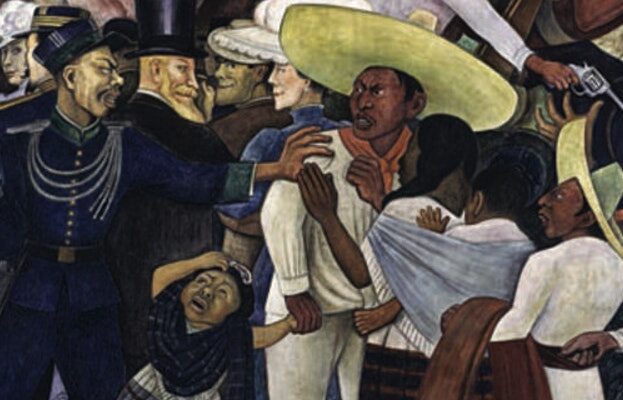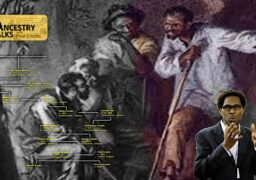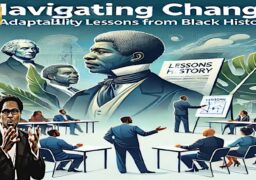
Naming racism has been usually seen as a necessary sign of understanding racism and a guidance for anti-racist action. However, the explicit naming of racism does not immediately tell us what kind of understanding of racism is at stake nor what kinds of action will follow.
In the context of an incipient turn to antiracism in Latin America we conducted a project looking at antiracist activity in Brazil, Colombia, Ecuador and Mexico. It became apparent that different organisations varied markedly in their approaches to the concept and language of racism. Some explicitly used the language of racism, other organisations did not, even though they are engaged in struggles for land, rights, etc., which clearly have a racialised dimension.
This differentiated use of language revealed variations in the awareness of racism, which came in and out of focus in their practice. With examples from Colombia, Brazil, Mexico and Ecuador, we discuss the antiracist effects of what we call “alternative grammars of anti-racism” and the “racially-aware class consciousness” they imply. We end by questioning the assumption that the explicit naming of racism as such is necessary to advance antiracist work, and suggest that employment of more indirect ways of evoking racism, which imply an awareness of structural racism, have some advantages for antiracist practice.
Speakers: Mónica Moreno Figueroa (University of Cambridge) and Peter Wade (University of Manchester)







